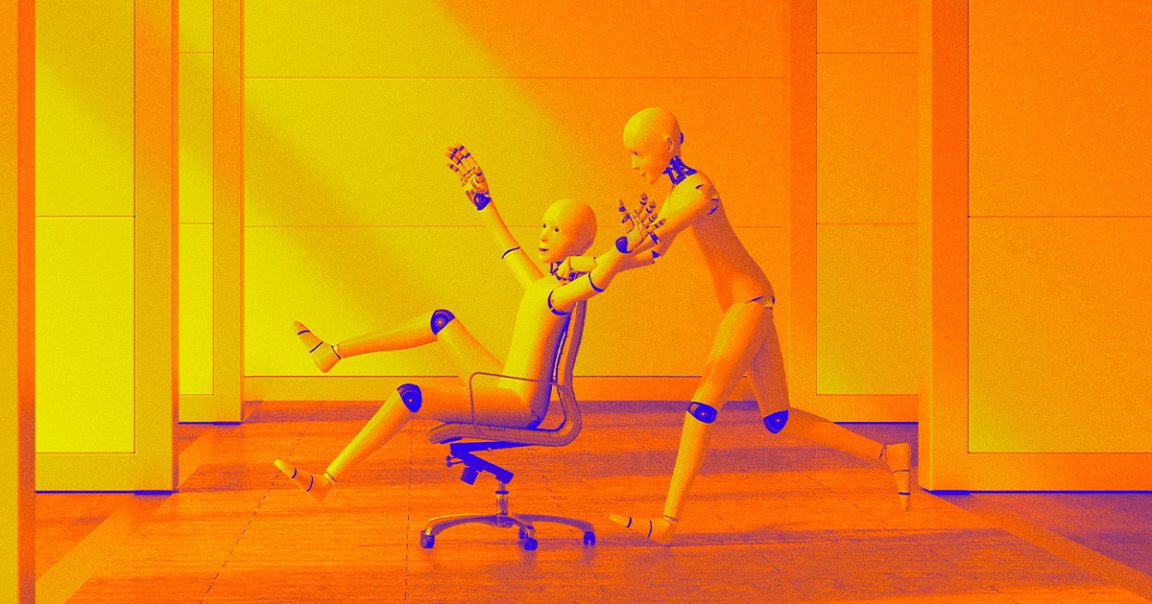
After using artificial intelligence to churn out dozens of articles that turned out to be rife with errors and plagiarism, CNET owner Red Ventures is hitting its remaining human staff with a fresh round of layoffs.
In an email today, company leadership announced the culling in apologetic tech-speak, citing simplifications in the company’s “operations” and “tech stack.”
“Today we are implementing a reorganization of our team,” reads the email, “which will result in a number of colleagues leaving the CNET Group.”
Though the scale of the layoffs is unclear, the email said that the company is keeping resources related to “consumer technology, home and wellness, energy, broadband and personal finance as our priority categories.”
Notably, those categories are ones that are particularly easy to monetize using affiliate links that give Red Ventures a kickback when a reader buys a product or signs up for a financial service — a system that, The Verge reported earlier this year, Red Ventures has used to transform CNET into an “AI-powered SEO money machine.”
Absent from the list of coverage areas being spared is news, where staffers have continued to conduct admirable journalism even under Red Ventures’ pivot to AI-generated SEO content and editorial strategy that some staffers say is favorable to the site’s advertisers.
Though Red Ventures didn’t respond to a request for comment, sympathetic tweets from ex-CNET staffers seem to corroborate that layoffs are underway at the site.
“Sending a lot of love to a lot of my former colleagues today,” former CNET editor-at-large Tim Stevens tweeted.
In another tweet, former CNET copy editor Dawnthea Price Lisco said that her ex-employer is “being gutted for parts” in a post expressing solidarity with the newly laid off.
This is far from the first time the tech news site has hit staff with layoffs in recent history, but this time is significant given that it comes after it was revealed in January that CNET had for months been quietly publishing AI-written articles. The connection between the disastrous AI-generated articles and the layoffs is unclear, but the timing is striking.
In the aftermath of the AI revelation, employees at the company have decried the program. The company has tried to save face, first by adding a more prominent disclaimer to its often error-filled AI-written articles, and then announcing that it was pausing the use of algorithmic writing — only to backtrack from its backtracking as it prepared to boot back up the text generating machine at the end of February.
With this latest round of layoffs, the future of the AI-generated content — and perhaps of CNET itself — is as unclear as ever.
One thing’s for sure, though: for bosses, AI is a great excuse to lay off workers.
More on CNET: Leaked Messages Show How CNET’s Parent Company Really Sees AI-Generated Content